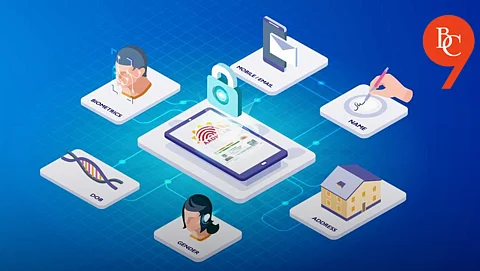

The Indian government is preparing to roll out digital IDs for homes and physical locations across the country. Building on the massive success of UPI (Unified Payments Interface) and Aadhaar, this new initiative is designed to streamline service delivery, enhance data security, and make governance smarter and more efficient.
The proposed digital ID system will assign a unique, verifiable digital identity to every residential and commercial property, as well as public infrastructure sites. Much like Aadhaar provides a digital identity for individuals, these new IDs will serve as a digital address for locations, making it easier for government agencies, businesses, and citizens to interact and transact.
India’s rapid urbanization and the complexity of its address systems have long posed challenges for service delivery, property management, and disaster response. The introduction of digital IDs for locations is expected to:
Government benefits, subsidies, and emergency services can be delivered more accurately and efficiently.
Digital IDs will help prevent fraud, duplication, and unauthorized access to property-based services.
Integration with municipal, state, and central databases will enable smarter urban planning, taxation, and compliance.
Accurate digital addresses will facilitate faster, more reliable deliveries and location-based services.
The digital ID system will likely be managed by a central government agency in collaboration with state and local authorities. Property owners and residents may be able to register their premises online, verify details, and receive a digital certificate or QR code as proof of identity.
India’s digital public infrastructure has already set global benchmarks. UPI has revolutionized digital payments, while Aadhaar has enabled secure, large-scale identity verification. Digital IDs for homes and places represent the next logical step, promising to extend the benefits of digital governance to every corner of the country.
While the initiative holds immense promise, experts caution that privacy, data protection, and interoperability must be top priorities. The government will need to ensure that digital IDs are secure against cyber threats and accessible to all, including those in rural and underserved regions.
Pilot projects are expected to launch in select cities by the end of 2025, with nationwide rollout planned over the next two years. The government is also seeking feedback from stakeholders, including technology firms, urban planners, and civil society organizations.
